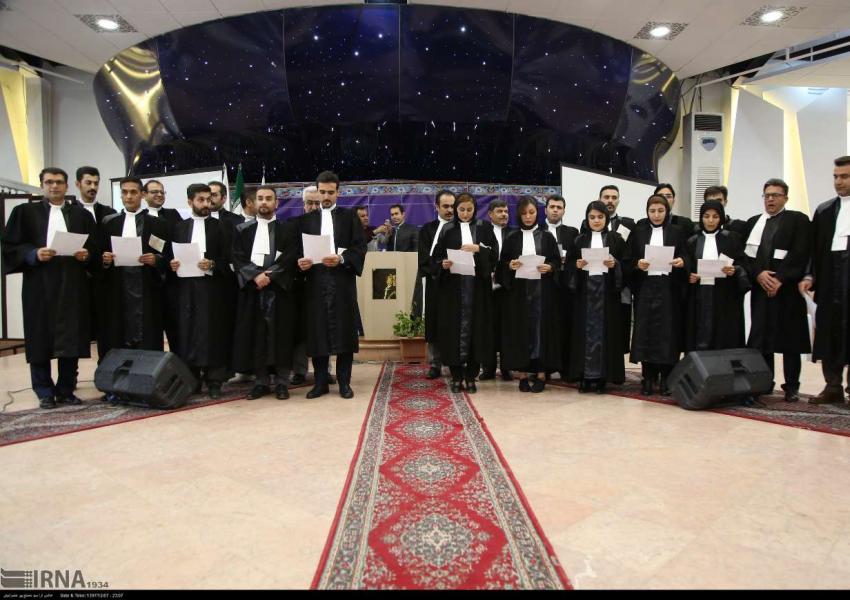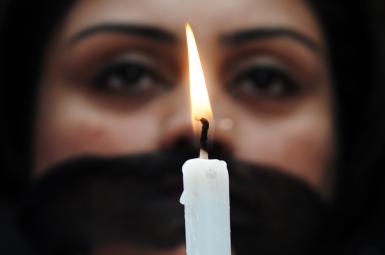
Iran's Hardline Judiciary Aims At Controlling Bar Association
In a statement on Friday, the National Union of Iranian Bar Associations said it would not implement revised regulations to the Law of Attorneyship recently introduced by the judiciary. The union said that the regulations "violate and restrict the independence of bar associations," violating citizens' right to independent legal representation and counsel.
The new regulations were communicated to the union of bar association June 28 by chief justice Ebrahim Raisi (Raeesi), shortly after he won the June 18 presidential elections and just before he was replaced as head of the judiciary on July 1 by Gholam-Hossein Mohseni-Ejei.
The bar associations object to the judiciary taking their power to license graduates of law schools to practice, although the union in its statement expressed a willingness for discussions on amending the regulations.
"Relying on the solidarity of lawyers, Bar Association authorities will not allow its independence to be undermined by the interference of judiciary and government authorities,” Yazdollal Taherinasab, chairman of the Bar Association of Khuzestan province, tweeted Saturday. “The independence of the Bar Association is a national right to guarantee lawyers right to defend [clients] and the manner [of their defense]."
The union includes the Central Bar Association (Tehran Bar Association) as well as 15 regional bar associations and has been a member of the International Bar Association since 1968. The Central Bar Association was formed 70 years ago.
In May 2020 over 12,000 legal practitioners in a letter addressed to Raisi protested a draft of the new regulations as "devastating” for bar associations and distorting “the procedures of fair legal investigations." Signatories declared that they would not accept the regulations if approved. Their move was supported by 180 former judges who in a letter to Raisi two days later urged him to put a stop to any overriding of the association’s authority.
Bar associations and their members in recent years have repeatedly objected to Article 48 of the Code of Criminal Procedure of 2014, which restricts access to independent legal representation and counsel in cases of ‘national security’ where the chief justice appoints defense lawyers.
The judiciary has for many years tried to reduce the power of bar associations. In 1980, a new law led to the closure of the bar associations, the imprisonment of many directors, and the revocation of the licenses of others. In 1997 parliament passed the Law on Conditions for Attorneyship Licenses, allowing the reopening of the bar associations with members required to profess belief and “practical commitment" to Islam, Zoroastrianism, Judaism or Christianity.



